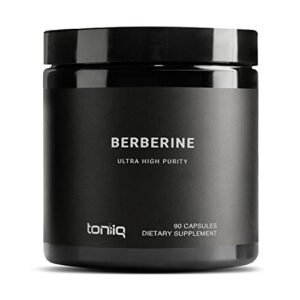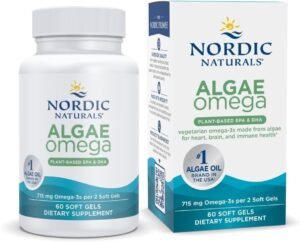Caffeine Content in Coffee: How Much Is in Your Cup?
Whether you’re a morning person or not, coffee is a daily staple for millions around the world. However, not all coffees are created equal when it comes to caffeine content. In this article, we’ll explore how much caffeine is actually in your cup and how it can impact your health.
The Basics of Caffeine in Coffee
Caffeine is a natural stimulant found in coffee beans. The amount of caffeine in a cup of coffee can vary significantly depending on several factors. Knowing these elements can help you tailor your coffee intake according to your health needs and preferences.
Factors Influencing Caffeine Levels
- Type of Coffee Beans: Arabica beans generally contain less caffeine compared to Robusta beans.
- Brewing Method: Espresso contains more caffeine per ounce than drip coffee, but a typical serving size of drip coffee has more overall caffeine due to larger serving size.
- Serving Size: The larger the cup, the more caffeine it will likely contain.
- Roasting Level: Lighter roasts usually have slightly more caffeine than darker roasts.
Caffeine Content in Common Coffee Drinks
- Drip Coffee (8 oz): Approximately 95 mg of caffeine
- Espresso (1 oz): About 63 mg of caffeine
- Latte (8 oz): Contains the same caffeine as a shot of espresso, unless additional shots are added.
- Cold Brew (8 oz): Typically has between 100-200 mg of caffeine
Health Implications of Caffeine Consumption
Caffeine, when consumed in moderate amounts, can offer several health benefits. According to studies published in The American Journal of Clinical Nutrition, caffeine has been linked to improved mental alertness and performance. However, excessive consumption may lead to insomnia, jitteriness, and potential long-term health issues.
Knowing Your Limits
The FDA considers 400 mg of caffeine per day—a little more than 4 cups of coffee—as a safe amount for most adults. It’s important to note that individual tolerance can vary greatly. Be mindful of your body’s response to caffeine and adjust your intake accordingly.
In conclusion, being aware of the caffeine content in different types of coffee allows you to make informed decisions that align with your lifestyle and health goals. Enjoy your coffee mindfully!












